Previewing the 2018 Winter Olympics’ Holland Heineken House
Why the Dutch organize a national house open to the public for every Games
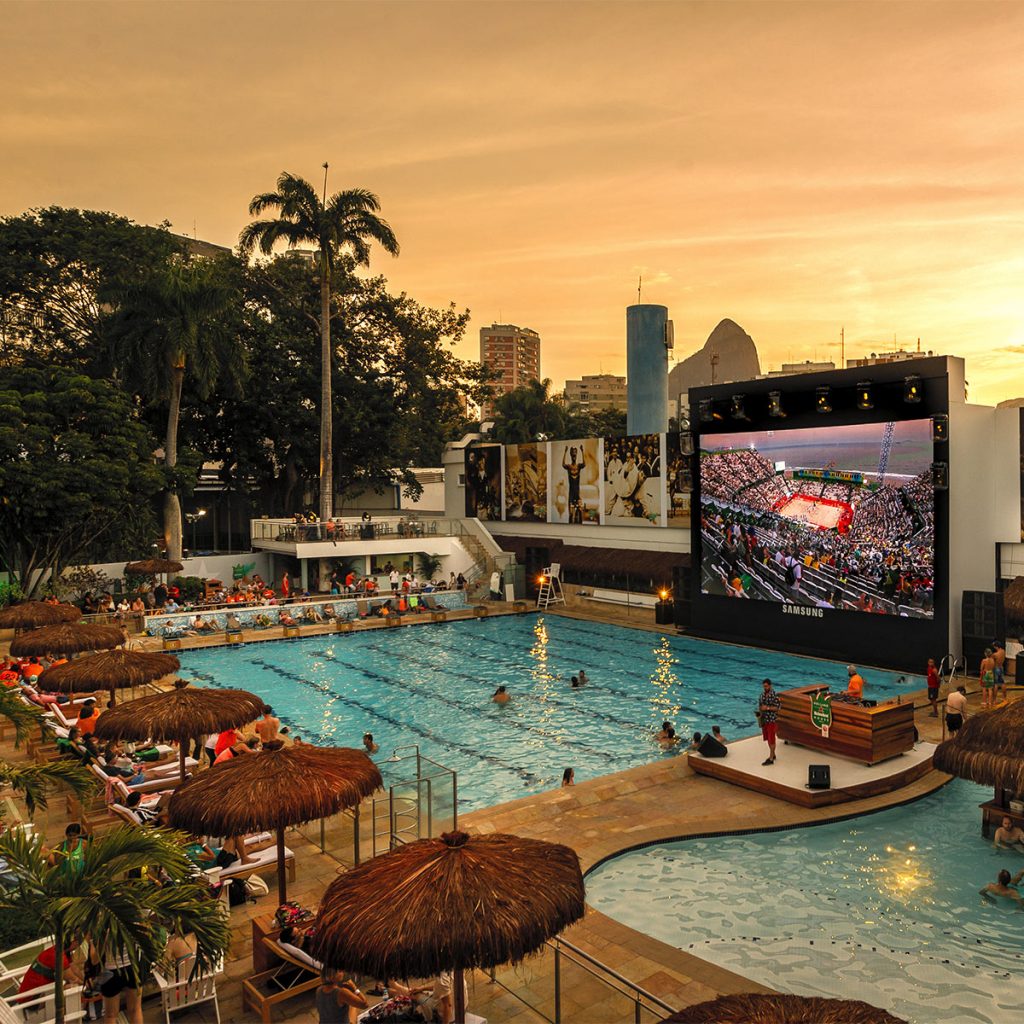
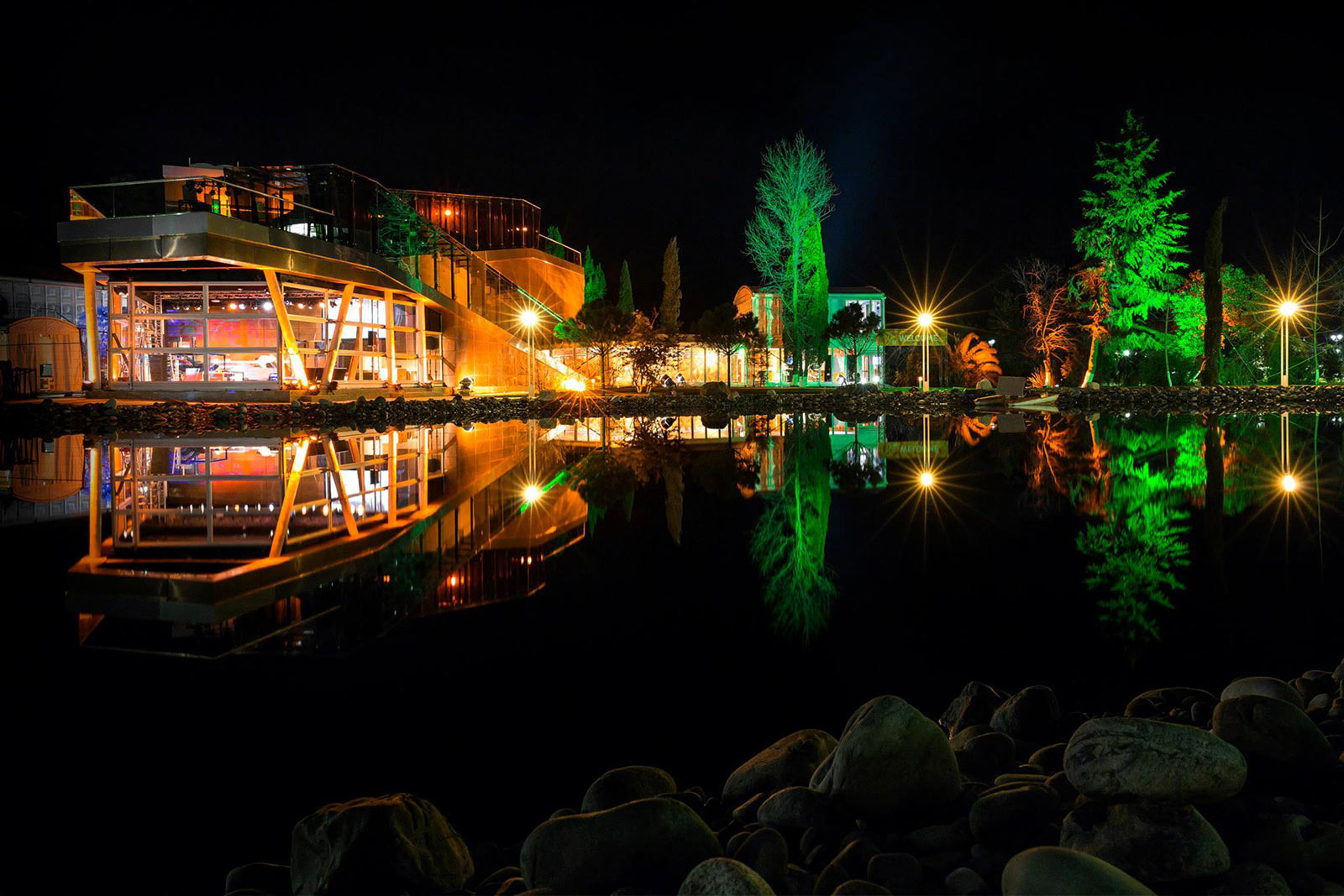
There are fewer than 100 days to go until the opening ceremonies at PyeongChang Olympic Stadium in South Korea—the second time the country has hosted the Olympics, with the last being back in Seoul in 1988. There will be 102 medals up for grabs in winter sports, from luge to the fastest non-mechanical sport in the world, speed skating. And if you’re a Dutch fan in not-so-familiar terrain, there’s a home away from home you might be seeking out after a win: the Holland Heineken House (HHH). The brand has organized the Netherlands’ official national house—in conjunction with NOC*NSF (aka the Netherlands Olympic Committee)—at the Olympic Games since 1992, and it’s organically grown into the largest national house at both the Summer and Winter Olympics. They’re now in preparations for the 14th edition, to live up to its earned reputation as a hotspot (despite the freezing temperatures) for fans, athletes, media and more to gather.
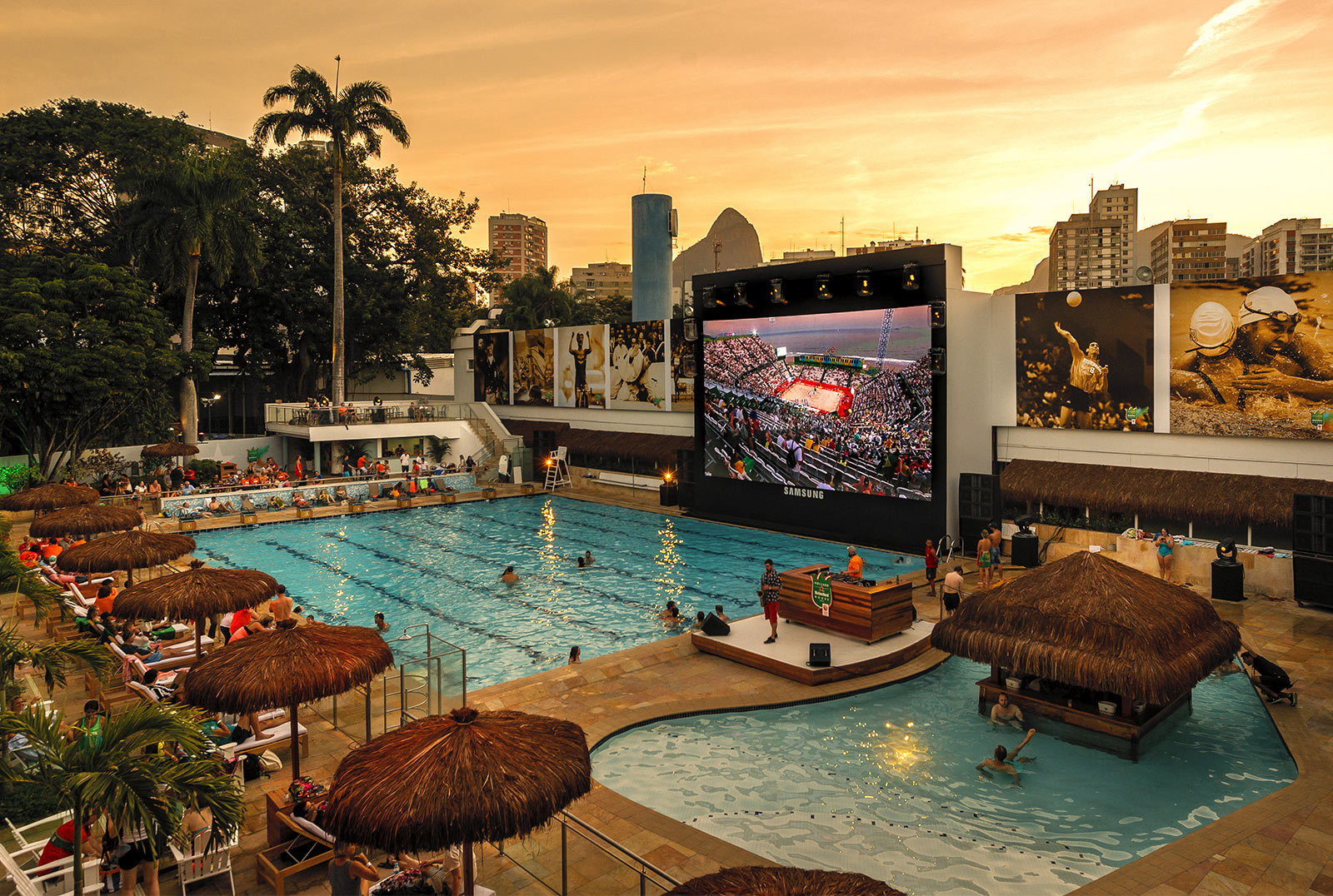
“To give you an idea: I think in London, there were more than 54 national houses. But the unique part of the Heineken House concept is that we are the only national house where all medal winners come to and are celebrated,” Director Global Heineken Sponsorships Hans Erik Tuijt, who leads HHH, explains to CH. “Quite often they’re run by government or even run by different—the United States has sometimes four or five houses. Different sponsors running it, etcetera. And that’s why we literally have an agreement with the Dutch Olympian Committee, so that everybody with a medal will come to the Heineken House, [where] we’ll make a big celebration. The athletes who have sometimes worked eight, 10, 20 years, very hard—it’s a very emotional moment to get an Olympic medal. And that’s something we put our outreach into…and that’s the unique part of the Heineken House.”
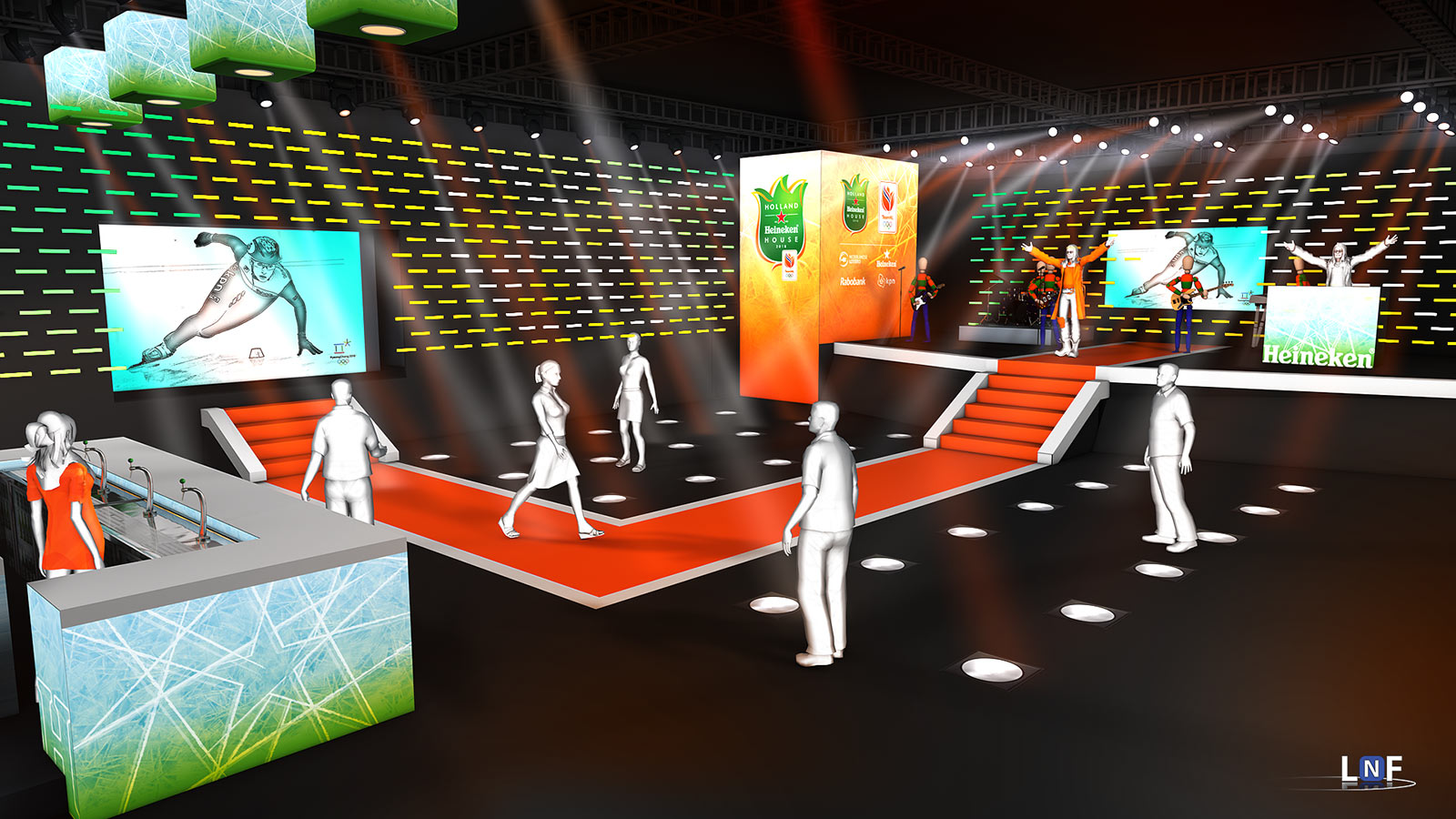
At their last edition in Rio, the House not only had restaurants, food vendors, live music and screens that streamed the live action, but an outdoor swimming pool, beach volleyball court, even clinics and boot camps with Dutch Olympians. This will actually be HHH’s first time in South Korea, and they’ll be bringing more than just Dutch snack favorite Bitterballen (beef-style croquettes) to the stage. It will be located not in Seoul, but about 90 minutes east in the coastal city of Gangneung, where the indoor sports like hockey, curling and skating will take place. The close proximity makes sense: all 24 of the Netherlands’ medals from Sochi came from speed skating—all but one in long-track. So it looks like HHH is planning for a lot of celebrations come February.

Tuijt continues, “I think the unique part of the Heineken House is that it is a joint venture with the sport—it’s the fans that can celebrate, and the athletes really look forward to letting their hair down after such a fantastic performance, so the emotions are quite unique. And that’s [in turn] what makes, I think, the Olympics so unique. Because that’s what people have worked for, for so long. It’s once every four years, and people really want to show what they have worked for.” Essentially, HHH takes its duty very seriously in recognizing the dedication and accomplishments of their athletes, regardless of a medal win or not.
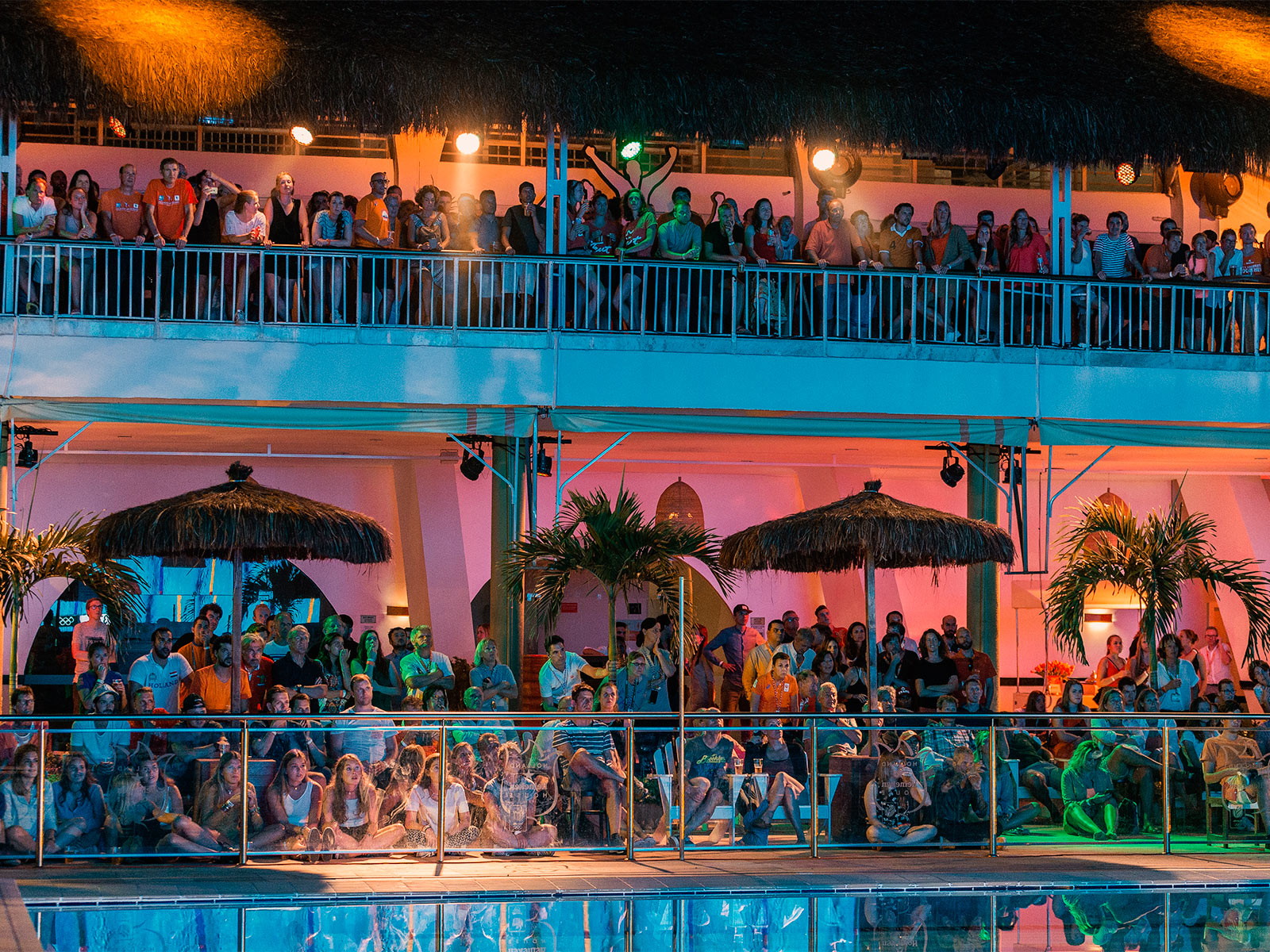
Some names to keep an eye out for in Pyeongchang include speed skater Sven Kramer (who lost a gold medal at the 10,000m eight years ago in Vancouver for failing to switch lanes once; and went viral after checking a reporter for their laziness) and speed skater Ireen Wüst (who won gold at 19, becoming the youngest Dutch Winter Olympic champion in history—and one of the handful of openly LGBTQ competitors at Sochi). Tuijt recalls an anecdote about the reputation of HHH among the athletes: “In Australia, Pieter van den Hoogenband—I don’t know if you remember the swimmer—he won the gold medal. Hoogenband had a big [competition] with Ian Thorpe and we had celebrations for Pieter van den Hoogenband at the Holland Heineken House, but Ian Thorpe was still too young, he was not 18. He couldn’t come into the Holland Heineken House. And eight years later, he calls me in China, for the Beijing Olympics, and he says, ‘I still would like to see one of the celebrations of the Holland Heineken House.’ So eight years later, he came to see how the Dutch celebrate their heroes.”
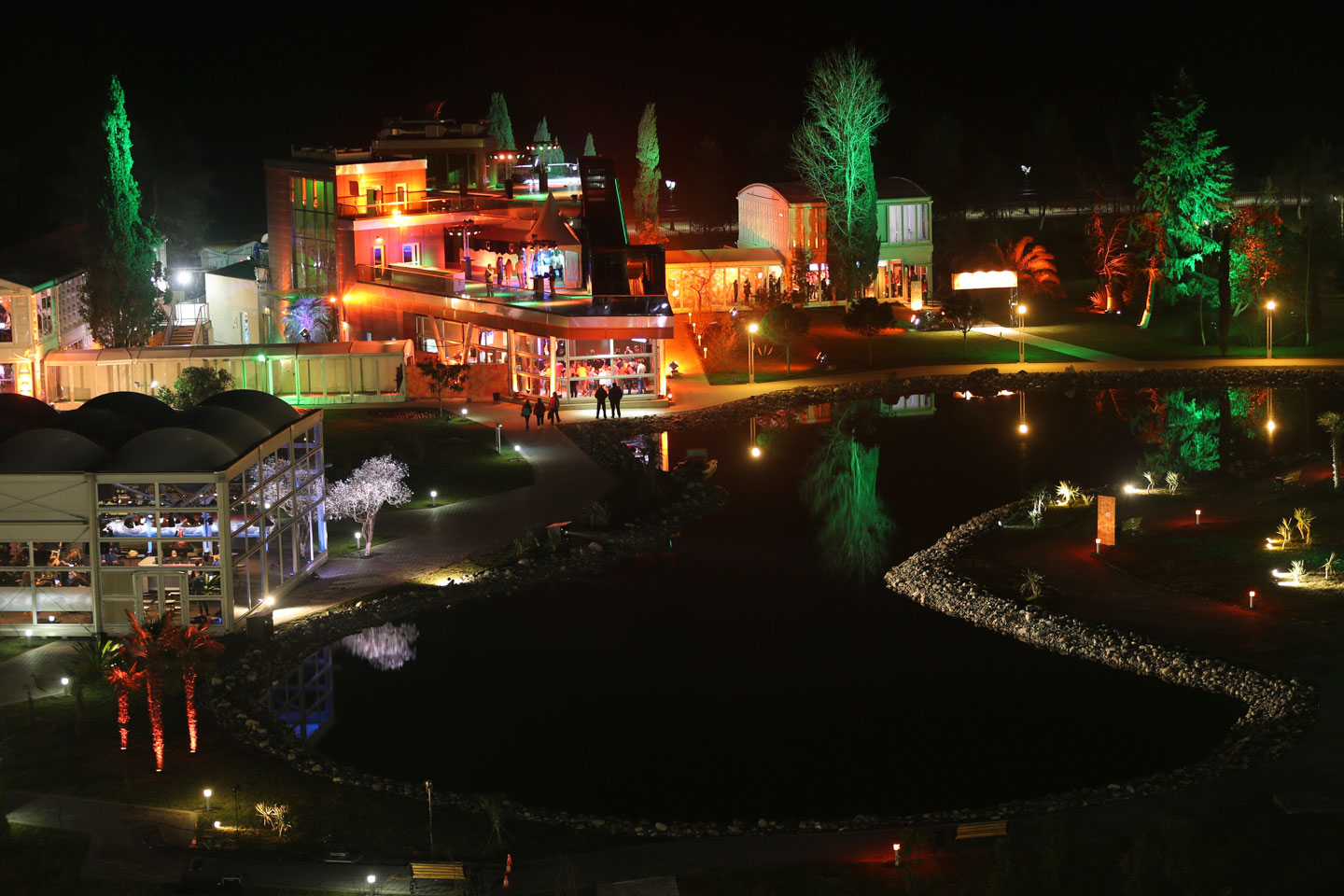
Also keep an eye out for how other countries will go all out for their own hospitality houses. In Rio, Portugal sailed a ship from Lisbon to anchor it at nearby Ilha das Cobras while the British House took over a palatial 19th century mansion in the public park, Parque Lage. However, some have restrictions: Canada’s house is only for family and friends of the athletes, for example. But if you’re a fan with an eligible passport who’s already packed full-on orange attire, and planning to be in South Korea in February, you can reserve tickets (€12.50 per day) to Holland Heineken House online. It will be open from 9-25 February 2018 during the duration of the Games.
Images courtesy of Holland Heineken House











